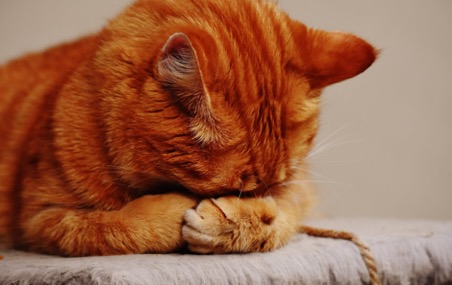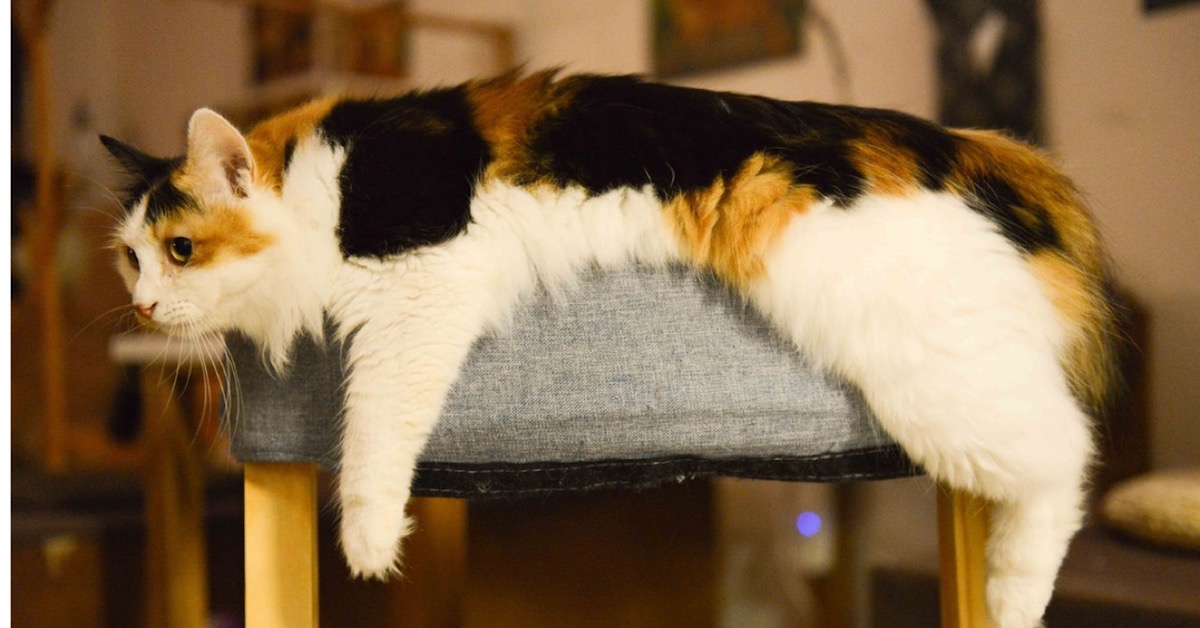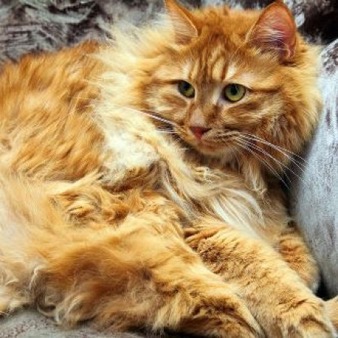Forgetful Feline: 5 Indicative Signs of Dementia in Cats


As your feline ages, it may become more vulnerable to illnesses that come with old age, including dementia. Usually prominent in cats aged ten and above, this disease may affect your feline’s awareness, responsiveness, memory and learning. As such, your pet may experience behavioural changes. While not every feline will showcase identical symptoms, here are 5 potential signs of dementia to look out for in your pet.
Loss of Training
As dementia affects your feline’s cognitive system, your pet may grow to forget the training it has learnt, includes its litter box training. So if you find yourself clearing out the litter box more often than usual, it may be a warning sign. As such, consider making a trip to the vets in Singapore . While this symptom does not entirely determine that your cat is suffering from dementia, it’s always better to be safe than sorry.
Lack of Grooming

Source: oaktreeanimals
Felines are known to be clean creatures. So if your cat has been neglecting its self-grooming ritual, it’s a clear red flag. On the other hand, the lack of self-grooming may also be an indication of other issues that your cat could be facing such as pain, dental issues or arthritis.
Dietary Changes
Cats that are suffering from dementia will also display either an increase or decrease in appetite. Due to the forgetfulness, your pet may forget that it has eaten or forget about mealtimes entirely.
As with the other symptoms, a visit to the Singapore vets is highly advised to determine the root of this change. This is particularly important if your cat is showing a decrease in appetite, as this may be an indicator of other health issues.
Behavioural Changes

Once your feline’s cognitive system is affected, it will also lead to a shift in its interaction. For example, an affectionate cat may become unfriendly. Your cat may stop performing its usual activities such as greeting your family members and you or sitting on your lap. This could also be due to its inability to recognise its family members, hence, avoiding your company and/or touch.
Unusual Sleeping Patterns
This symptom may be difficult to determine because of a feline’s natural tendency to sleep a lot. However, obvious signs to look out for include a reverse cycle where a cat that once sleeps at night, is doing so in the morning or vice-versa. Additionally, if you notice an increase in your cat’s sleeping habits, this may also be a cause for concern.
As most of these symptoms are not exclusive to dementia, it’s important to first rule out other potential medical issues. While the specific cause of dementia in cats remains unknown, there is no exact cure for it. However, you can ward off or delay it from affecting your feline by providing it with brain-supporting supplements—with advice from your vet—and through brain exercises such as interactive toys, games and activities.
Creating a mentally stimulating, healthy and enriching environment for your cat will make a world of difference for its overall health as it enters its senior years.








